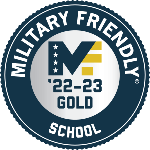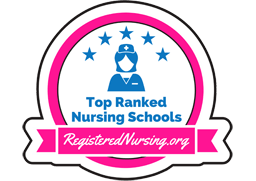Frequently Asked Questions & Facts
What is Experiential Learning?
Experiential Learning is a planned academic experience offered in the form of a hands-on approach to learning which assists students in becoming more knowledgeable about the field their degree program will lead them into or a discipline they are interested in exploring. Some of the common terms associated with this type of educational experience at Three Rivers are Co-ops, Internships, Practicums or Teaching Assistantships.
Three Rivers offers a variety of Experiential Learning opportunities that are defined based on program requirements. Some of these experiences are paid, while most are unpaid.
What are the benefits to students?
- students gain work experience within their field.
- employers seek out graduates who have completed experiential learning and generally give them preference over other applicants who have no field related work experience.
- students who are in workplaces make contacts in their desired profession that become very helpful during job searches; acting as references or networking contacts.
- students are offered the opportunity to see what their career choice entails.
- students engaging in experiential learning often report a substantial increase in their overall feelings of self confidence and self esteem.
Is Experiential Learning for everyone?
No. Students are required to meet specific prerequisites before enrolling, including but not limited to minimum GPA, completion of program related courses and/or gaining permission of the program coordinator. Planning in advance is very important. The student will meet with the program coordinator or course instructor to discuss the parameters and expectations of these experiences. Students also need to consider their availability for this type of experience. If a student is attending school and working full time, or has other significant social or family responsibilities, they may need to carefully adjust and plan their schedules to meet the demands of the experience; especially for those programs which require an experiential learning experience for completion. If they are unable to devote the time required, students may find it difficult to fulfill the obligations of the course.
When is the appropriate time for a student to participate in Experiential Learning?
Setting up an experiential learning experience takes some planning. Each of the programs at Three Rivers Community College has a recommended plan of study which outlines the order in which courses should be taken to acquire skills and knowledge to help students be successful. Students need to work closely with their advisors to plan their courses to meet the requirements of the experiential learning course (appropriate prerequisites, GPA, etc). Planning is essential and therefore students should start as part of early advising. Making contacts and considerations for placements should be complete by the semester before intended enrollment. These experiences require careful coordination and agreement between student, program coordinator and site supervisor, students should plan on meeting with/speaking to both at least once if not multiple times prior to enrollment.
Can a student use a job she/he already has as their placement?
While this may be a convenient solution, it also creates problems and so this decision is made on a case by case basis with the program coordinator. Questions regarding placement for experiential learning should always be directed to the Program Contact/Coordinator. Please visit the program page to locate the correct contact person.
 TRCC EXTRANET
TRCC EXTRANET




